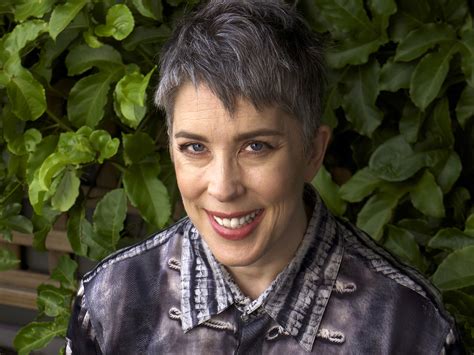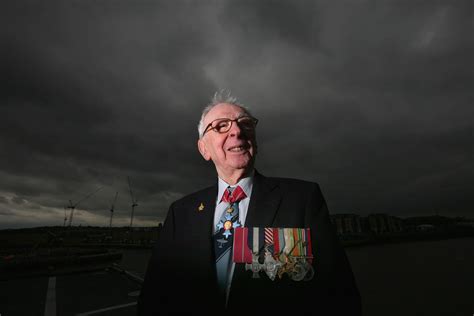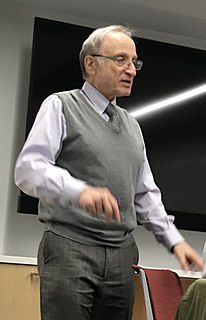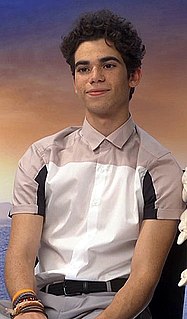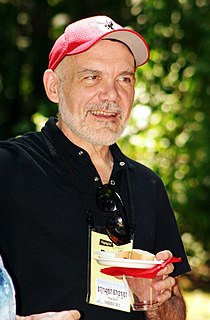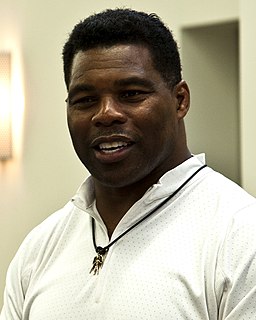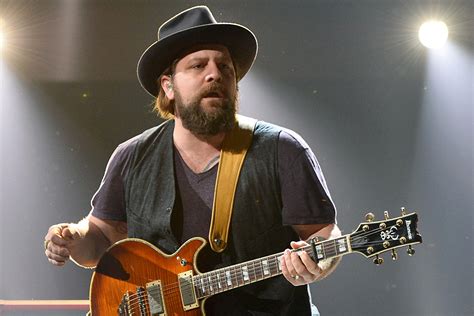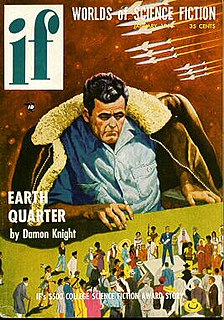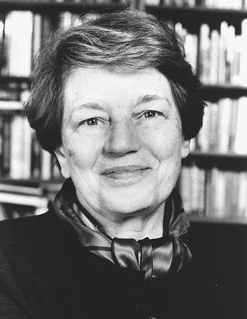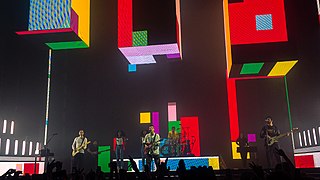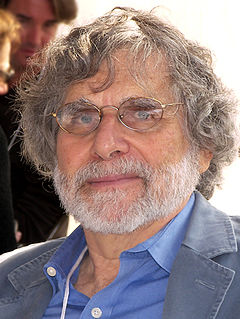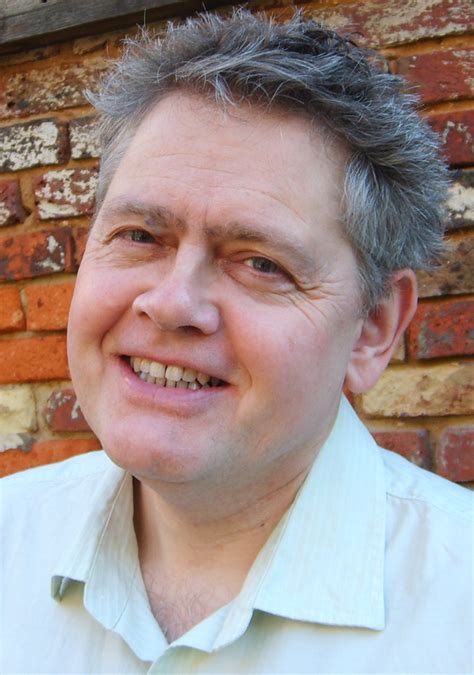Top 1200 Short Stories Quotes & Sayings - Page 2
Explore popular Short Stories quotes.
Last updated on April 21, 2025.
Short story writers simply do what human beings have always done. They write stories because they have to; because they cannot rest until they have tried as hard as they can to write the stories. They cannot rest because they are human, and all of us need to speak into the silence of mortality, to interrupt and ever so briefly stop that quiet flow, and with stories try to understand at least some of it.
These short stories establish Sontag's originality . . . her unique vision, her success with experiments in the form . . . Sontag makes a wonderful stew of the past, the life caught in memory and imagination, serves it all up lavishly laced with silences, and provides us with a gourmand's series of short courses.
Travel stories teach geography; insect stories lead the child into natural science; and so on. The teacher, in short, can use reading to introduce her pupils to the most varied subjects; and the moment they have been thus started, they can go on to any limit guided by the single passion for reading.
Yes sir. You can be more careless, you can put more trash in [a novel] and be excused for it. In a short story that's next to the poem, almost every word has got to be almost exactly right. In the novel you can be careless but in the short story you can't. I mean by that the good short stories like Chekhov wrote. That's why I rate that second - it's because it demands a nearer absolute exactitude. You have less room to be slovenly and careless. There's less room in it for trash.
In the short stories - if I can make a very lumpy contrast - in the short stories I feel like the lives of the people have a kind of prior desperation and a prior need and my longing is for the story and their lives to somehow come together, even if not finally or forever, to face something; and it felt like a lot of the time with the essays I was wading into situations where there was an assumption of finality of understanding, and I felt like I could wade into any understood moment and tear it apart and make it fall apart.
I don't have one thing I go back to, but we listen to a lot of music in the bus, and we always get a few songs or a few records that end up being themes for the tour. On tour I read all of George Saunders' short stories and all of Alice Munro's short stories. George Saunders is who has taught me about this question about whether or not love is possible in the contemporary world, with all of its simulations and all of its pop and divergences and all of the confusion and distraction. Whether or not contemporary reality is actually hospitable to love.
There are characters in some short stories who exist as people, and there are other characters in different short stories who exist as purely literary constructs. You know, the young man in "Forbidden Brides of the Faceless Slaves in the Secret House of the Night of Dread Desire" - I probably got that right - is a literary construct, and enjoys being a literary construct. He has no life off stage, whereas the young men in "How to Talk to Girls at Parties" were as near to being real human beings as I could possibly get them.
'Sour Heart' is a collection of seven linked short stories narrated by young Chinese-American girls living in New York City in the '90s. It's exceptionally hard to describe what I've written without sounding delusional or boring, so I'll just say they are stories about growing up and the pleasures and agonies of having a family, a body, and a home.
The resistance to my work, and to my way of writing, has been there from the beginning. The first things I wrote were these short short stories collected in At the Bottom of the River, and at least three of them are one sentence long. They were printed in The New Yorker, over the objections of many of the editors in the fiction department.
Traditionally, people have been adapting novels and short stories forever. Now, they're doing it simultaneously, with an eye towards writing the movie before the novel has even come out or been finished. It's a function of this hyper-accelerated society we live in, where everyone is trying to short circuit the process.
A lot of people who want to see the short story have a renaissance of readership - they tend to think of short stories, and sometimes poems too, as being well-suited to the way we now live, with all of these broken-up bits of time. I hope they're right, but my sense is that our fiction reading has become, if anything, more cherished as a kind of escape from fragmentation.
I was a Teletype operator in the army, so that's where I learned to type. One day, I went downstairs to see if I could still type - I hadn't done it for four or five years after the war. So I typed out a page and I showed it to my wife and she said, "Where did you get this?" I said I wrote it. "You wrote this?" It was something very funny. I went and wrote another page, another couple of pages, and by the time I was finished I had 13 little short stories, humorous short stories.
One night a friend lent me a book of short stories by Franz Kafka. I went back to the pension where I was staying and began to read The Metamorphosis. The first line almost knocked me off the bed. I was so surprised. The first line reads, “As Gregor Samsa awoke that morning from uneasy dreams, he found himself transformed in his bed into a gigantic insect. . . .” When I read the line I thought to myself that I didn’t know anyone was allowed to write things like that. If I had known, I would have started writing a long time ago. So I immediately started writing short stories.
There is something I keep wanting to say about reading short stories. I am doing it now, because I many never have another occasion. Stories are not chapters of novels. They should not be read one after another, as if they were meant to follow along. Read one. Shut the book. Read something else. Come back later. Stories can wait.
Sad to think that we won't have any new stories from John Updike, one of the last century's masters. But so many here in the two volumes of his collected stories, 186 by my count, stories to read, reread, savor over the course of a cold season. Updike's genius in the short form spills out of these many, many pages.










